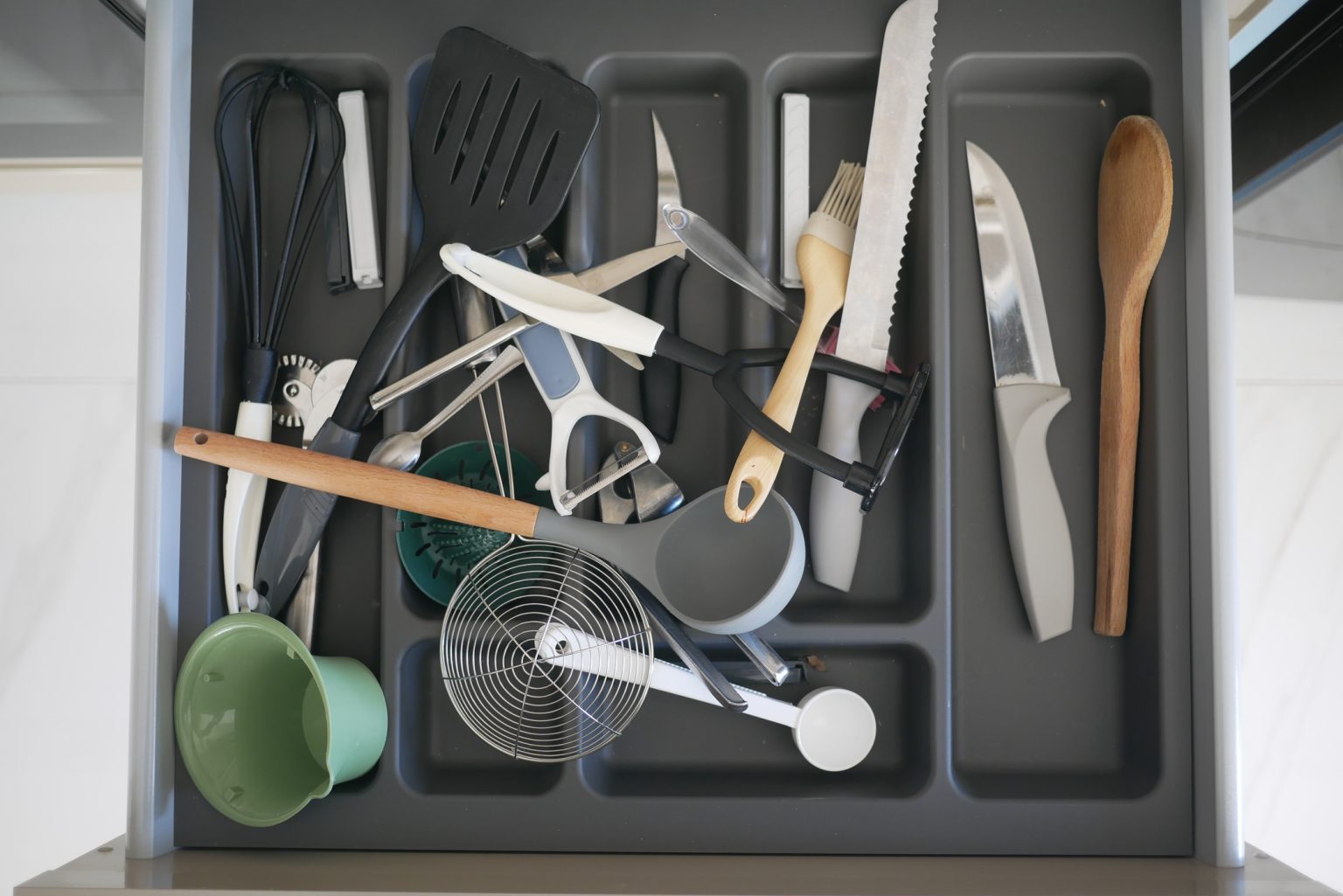A seemingly mundane image of a chaotically organized cutlery drawer, posted on Reddit by a user frustrated with his girlfriend’s dish-unloading technique, has unexpectedly ignited a viral debate about relationship dynamics, responsibility, and the subtle ways power imbalances can manifest in everyday life. The post, which quickly garnered thousands of upvotes and comments, depicts a drawer overflowing with haphazardly placed forks, knives, and spoons – a stark contrast to the implied order the original poster expected. This simple act of domestic discord resonated with many online, prompting a flurry of responses ranging from humorous condemnation to serious accusations of “weaponized incompetence,” a term used to describe the deliberate feigning of inability to avoid future chores. The incident highlighted the often-unacknowledged tensions that simmer beneath the surface of shared living spaces, transforming a messy drawer into a symbol of deeper relational conflicts.
The overwhelming response to the Reddit post underscores the universality of such domestic disagreements. Many commenters shared similar experiences, recounting instances where partners or roommates seemed to intentionally perform household tasks poorly, seemingly as a strategy to avoid being assigned those chores again. This perceived manipulation, whether conscious or unconscious, fueled speculation about the girlfriend’s motives and sparked a broader conversation about the unspoken expectations and power dynamics that shape relationships. The incident, seemingly trivial on the surface, tapped into a shared frustration with the perceived imbalance of domestic labor and the subtle ways individuals might attempt to shift responsibilities.
The viral nature of the post prompted further exploration by Newsweek, which consulted psychotherapist Brianna Paruolo to analyze the underlying psychological factors contributing to the heated online discussion. Paruolo emphasizes that such domestic disputes often mask deeper issues related to power, trust, and value within a relationship. The chaotic cutlery drawer, in this context, becomes a symbolic battleground where these underlying tensions are played out. Paruolo cautions against jumping to conclusions and assigning blame, suggesting instead that couples should focus on understanding the root causes of the conflict rather than simply addressing the surface-level issue.
Paruolo argues that the focus should shift from determining who is “right” to understanding the underlying dynamics at play. Often, she explains, one partner might perceive the other’s actions as a deliberate attempt to avoid responsibility, while the other might feel perpetually inadequate, regardless of their efforts. This miscommunication and differing interpretations of the situation can lead to escalating resentment and a breakdown of trust. The messy drawer, therefore, becomes a symptom of a larger problem: an inability to effectively communicate needs and expectations within the relationship.
To address such underlying issues, Paruolo recommends a proactive approach to household task management. She suggests couples create a shared plan for dividing chores, ensuring a fair distribution of responsibilities and establishing agreed-upon standards for completion. This approach, she explains, promotes transparency and open communication, minimizing the potential for misunderstandings and resentment. By establishing clear expectations and shared responsibility, couples can prevent seemingly minor domestic tasks from becoming symbolic of larger relational conflicts.
The seemingly trivial act of unloading the dishwasher, as illustrated by the viral Reddit post, serves as a microcosm of the complexities inherent in shared living. It highlights the importance of clear communication, mutual respect, and a balanced distribution of power within relationships. The overwhelming response to the post demonstrates the universal nature of these domestic struggles, reminding us that even the most mundane household tasks can become charged with emotional significance when viewed through the lens of relationship dynamics. The messy cutlery drawer, ultimately, becomes a powerful metaphor for the unspoken tensions and power struggles that can subtly erode the foundation of even the strongest partnerships.

